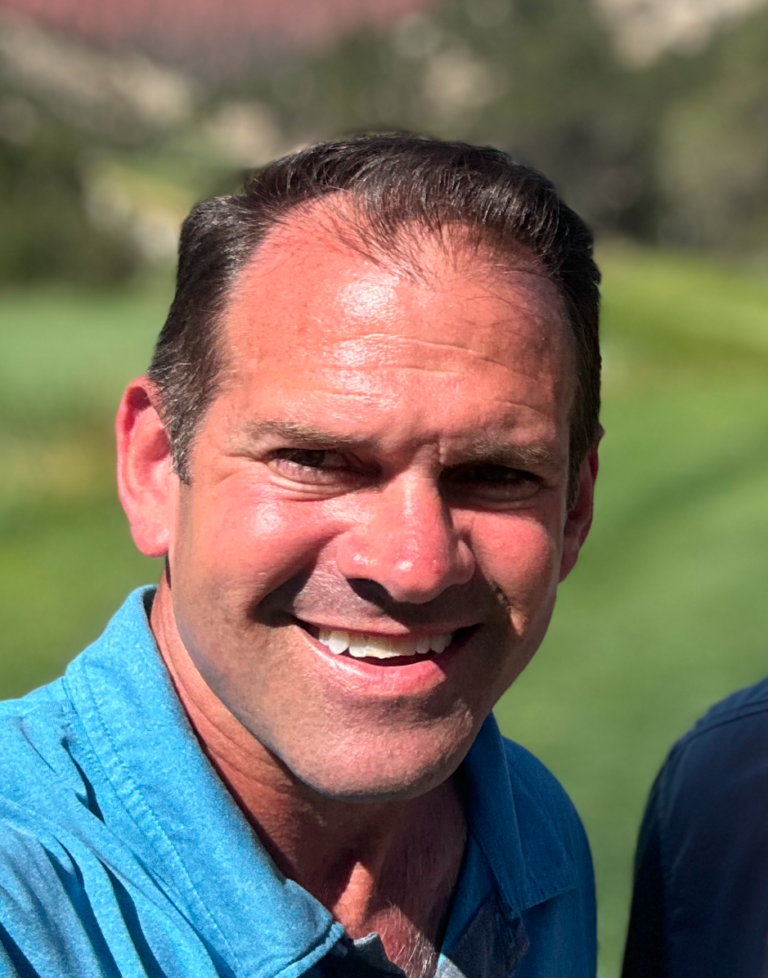How Technology is Reshaping Cardiology: Dr. Ian Weisberg’s Perspective on the Future of Heart Health
How Technology is Reshaping Cardiology: Dr. Ian Weisberg’s Perspective on the Future of Heart Health
Blog Article
Cardiology is on the brink of a technical and medical revolution, with developments set to convert heart disease reduction, analysis, and treatment. Dr Ian Weisberg Niceville Florida, a respected specialist in cardiac electrophysiology, anticipates a few amazing inventions that will redefine exactly how we approach heart health.

1. AI-Powered Diagnostics and Predictive Medication
Synthetic Intelligence (AI) is making dunes in cardiology, but Dr. Weisberg feels their position may increase significantly. AI-driven ECG examination, device understanding methods, and predictive designs allows doctors to identify heart disease risks before signs appear. That change toward preventive cardiology wil dramatically reduce disaster interventions and increase individual outcomes.
Moreover, AI-assisted imaging will increase early recognition of coronary artery disease, ensuring that people obtain therapy before a heart attack occurs.
2. Individualized Medicine for Center Individuals
Every center is unique, and Dr. Weisberg envisions the next where cardiology remedies are personalized to each patient's genetic profile. With developments in genomics and biomarker analysis, health practitioners will have the ability to prescribe highly individualized drugs, food diets, and therapy plans that work most useful for an individual's aerobic health.
For instance, gene therapy is featuring offer in managing inherited center conditions, potentially avoiding genetic defects that cause heart disease.
3. Minimally Intrusive Procedures May End up being the Norm
Standard open-heart surgeries are gradually being replaced by minimally invasive techniques. Dr. Weisberg foresees catheter-based procedures, robotic-assisted operations, and next-generation stents getting safer, faster, and more precise.
One key growth is bioresorbable stents, which reduce obviously after therapeutic the artery, reducing long-term dangers related to steel implants.
4. Distant Tracking and Smart Wearables
Smartwatches and AI-powered health trackers are becoming important instruments for tracking heart wellness in real time. Dr. Weisberg highlights the growing utilization of implantable units that will continually track arrhythmias, body pressure, and air degrees, giving alerts straight to health practitioners when irregularities occur.
This technology allows patients to get care without regular clinic trips, creating cardiology more accessible and efficient.
5. Regenerative Medication and Base Mobile Therapy

Dr. Weisberg predicts that stem mobile treatment and structure engineering may play an essential position in heart disease recovery. Scientists are exploring methods to create damaged heart muscle, potentially reversing the results of center failure and myocardial infarctions (heart attacks).
With constant research, people may possibly soon take advantage of cell-based therapies that restore center purpose somewhat than handling symptoms.
Realization: A New Time for Cardiac Care
Dr Ian Weisberg's forecasts color a future wherever heart problems is discovered earlier in the day, treated more effectively, and even solved using sophisticated medical technologies. With improvements in AI, customized medication, minimally intrusive methods, remote monitoring, and regenerative therapies, the ongoing future of cardiology is richer than ever.
Report this page